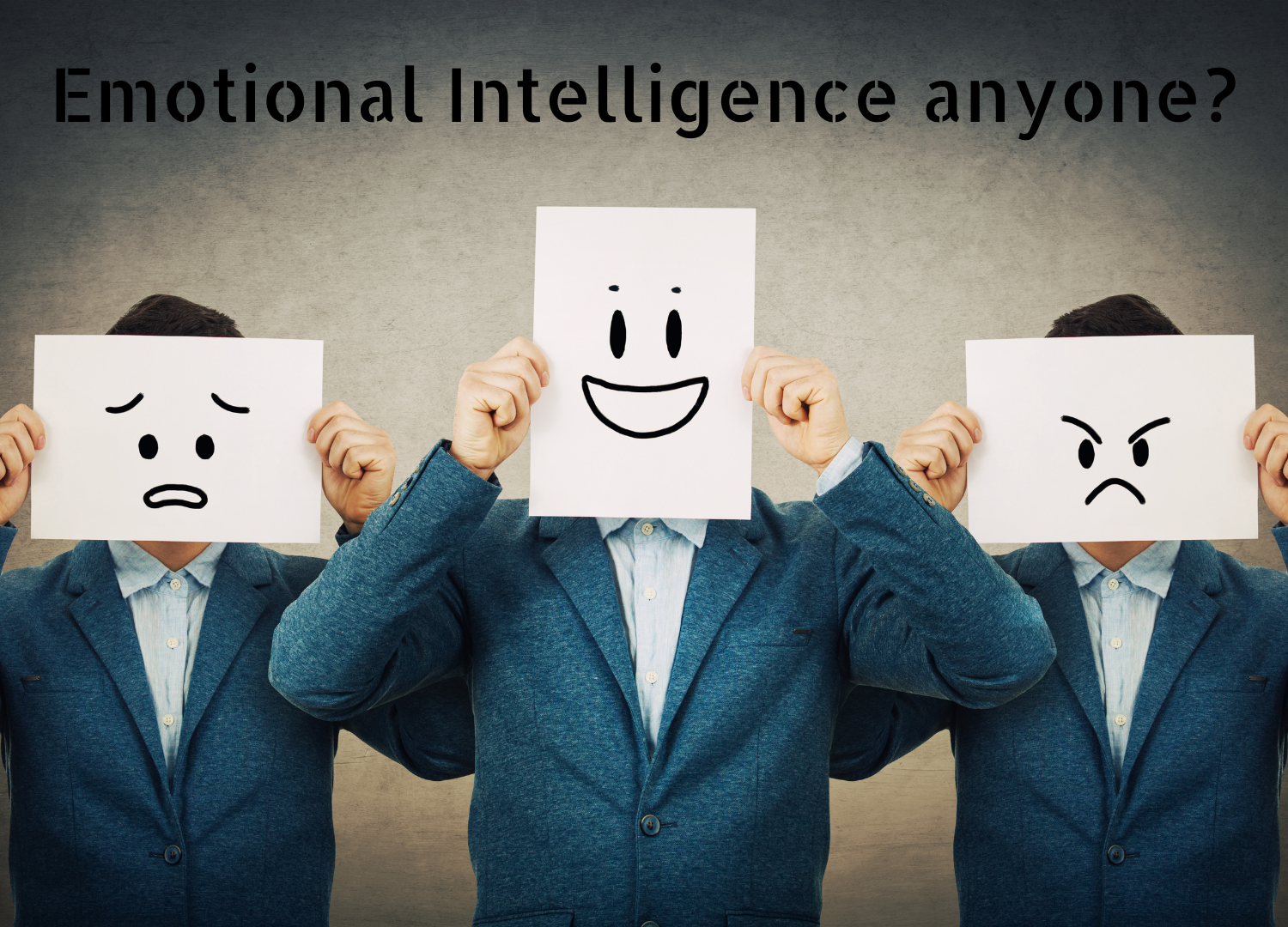What is emotional intelligence?
Emotional intelligence also referred to as EI is our way of receiving, perceiving, controlling and evaluating our emotions within different contexts of our life. EI is a skill that is learned and developed over time, however, there are many people that don’t have a clue about emotions and believe they are unable to successfully control them. If you’re uncertain about your level of emotional intelligence, go and take this free assessment to get an idea of your skill level.
Most of us know how to express our emotions but managing them is another story! I think it’s safe to say having emotions isn’t the issue but instead knowing what to do with an emotion is where most people struggle. Human beings experience different emotions for different reasons and those emotions aren’t good or bad. Emotions are a survival mechanism built into our cognitive abilities that help to promote a greater chance of survival within our environment. Think about emotions like fear and anger. Those are emotions that prompt change or quick action where sadness or disgust promote reflection and understanding. All emotions promote adaptation within our current setting.
The goal of emotional intelligence
Emotional intelligence is something we use for our entire lifespan so the ultimate goal is to create a better quality of life and more connected relationships to foster a sense of belonging. How do we use EI and what’s the impact for us?
Minimizes emotional reaction
Emotions are powerful! When we are in an emotionally charged space, it is important to have the ability to take a step back to analyze the situation to reduce conflict, optimize communication with others and to consider all factors before responding.
Increases self-awareness
Emotional intelligence empowers us to have the ability to think about what our emotions mean as well as considering all factors in moments of elevated emotion. Self-awareness is what provides insight to what and why we do certain things.
Nurtures empathy for others
Thinking about how others feel in different situations is essential to a developed emotional intelligence. Many times, we have to think about if this were me, how would I feel and what would I need from others. The ability to empathize drastically reduces judgement of others.
How do we use Emotional Intelligence
Emotional intelligence is used in a multitude of moments throughout our lifetime. Here are some ways in which emotional intelligence is practiced as well as how it impacts:
Increasing our ability to accept criticism and responsibility for our actions
Using mistakes as lessons and then being able to move on or “let go” rather than staying stuck
Setting boundaries and saying no when necessary which teaches others how to treat you
Developing connection within our relationships by sharing our feelings with others
Actively solving problems in ways that work for everyone
Experiencing empathy and compassion for other people
Expanding communication skills particularly active listening
Gaining understanding as to why you do the things you do helps with self-image
Reducing personal bias and less judgmental of others
What’s next?
Understanding emotions is the key to better relationships, improved well-being, and stronger communication skills. The great news is there’s always space for learning! Since human beings began walking the earth, emotions have been essential for survival. When faced with stress, however, an underdeveloped emotional intelligence can wreak havoc in professional and personal situations. Emotions are amazing but when we’re out of our comfort zone, many of us struggle to effectively manage emotions ultimately losing control and becoming overwhelmed.
Learning to manage stress and feeling competent with your emotions takes time and patience. I’m here to support you through your journey. We all want to make choices that allow us to control impulsive feelings and behaviors, manage our emotions in healthy ways, create belonging, follow through on commitments, and adapt to changing circumstances. I offer a 30-minute complimentary consultation to talk a little bit about what’s going on in your world and what action you’d like to take for it to be even better. I look forward to hearing from you. Take care!
wh
































